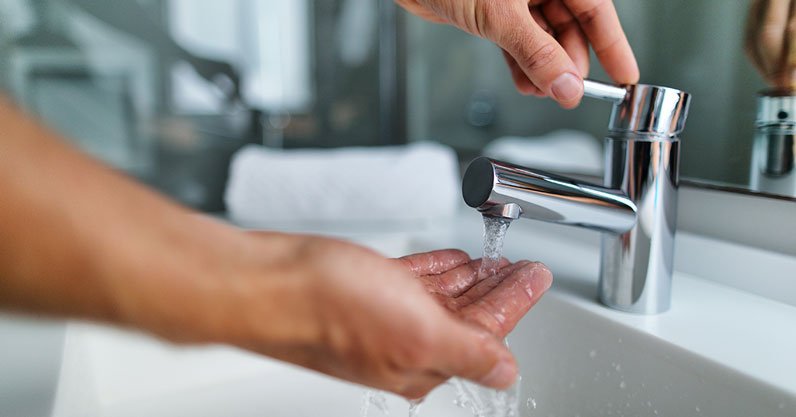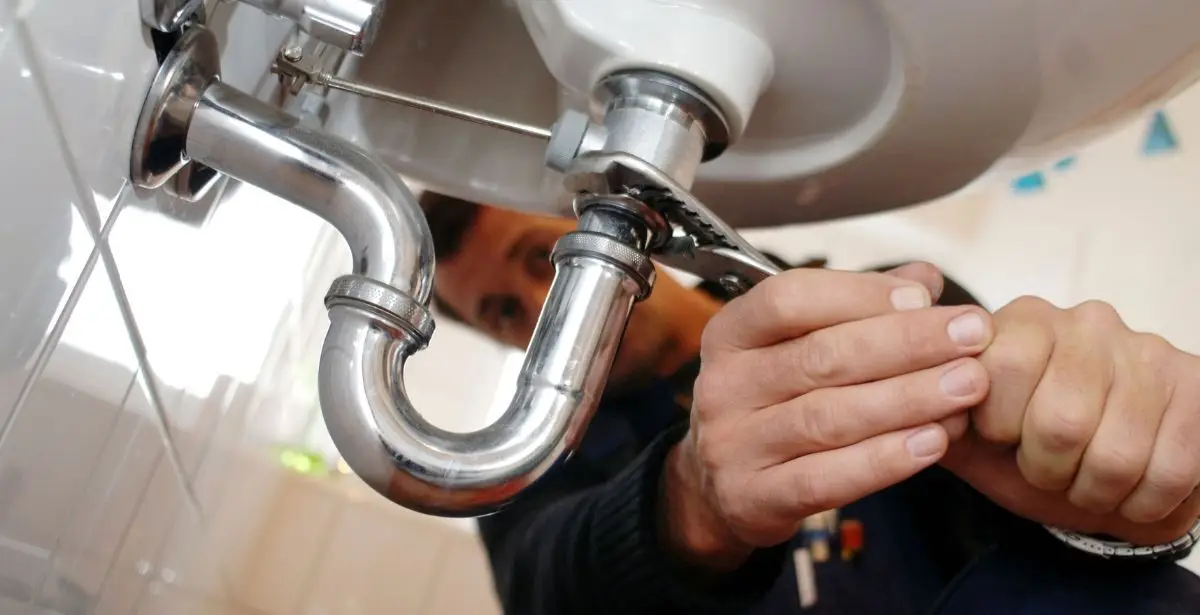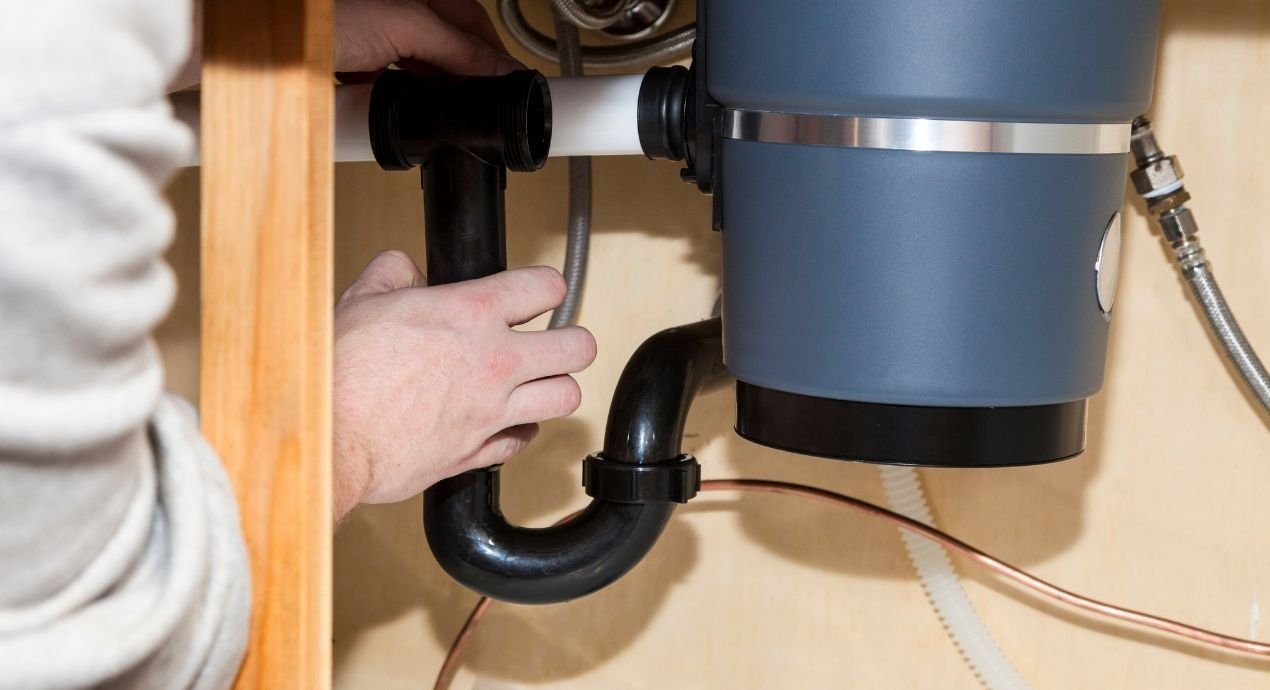Saving water not only benefits the environment but also helps reduce your utility bills. If you’re a homeowner looking to lower costs, working with expert plumbers can be a game-changer. This guide will explore ways to reduce water bills by making smart plumbing decisions and utilizing professional services to optimize your water usage.
Table of Contents
ToggleWhy Reducing Water Bills Matters?
With rising utility costs and increasing water scarcity, conserving water is more important than ever. High water usage not only strains your budget but also contributes to unnecessary environmental waste.
Thankfully, there are numerous ways to cut down on water consumption without sacrificing comfort or convenience. By implementing professional plumbing services, you can dramatically reduce water waste and lower your bills.
Top Plumbing Services to Help Reduce Water Bills
Here are the top plumbing services that can make a significant impact on your water consumption and utility costs:
1. Leak Detection and Repair
One of the leading causes of high water bills is hidden leaks. Even a small, undetected leak can waste hundreds of gallons of water every month. A professional plumber can use advanced leak detection technology to find and fix leaks in pipes, faucets, and appliances before they become a costly problem.
Benefits of leak detection services:
- Stops water waste at the source
- Prevents structural damage to your home
- Reduces your monthly water bill significantly
2. Low-Flow Fixtures
Installing low-flow fixtures in your home is an easy and effective way to reduce water bills. These include faucets, showerheads, and toilets that are designed to use less water without compromising performance. A plumber can assess your current fixtures and recommend water-saving alternatives.
Low-flow fixture options include:
- Low-flow toilets: Modern models use 1.6 gallons or less per flush, compared to older toilets that use up to 6 gallons.
- Low-flow showerheads: Reduce water usage by up to 50% without sacrificing water pressure.
- Water-efficient faucets: Decrease flow rates while maintaining strong water flow for cleaning and washing.
3. Water Heater Efficiency Improvements
Water heating is a major contributor to high utility bills. Upgrading to an energy-efficient water heater or performing regular maintenance can help lower energy usage and water waste.
Ways to improve water heater efficiency:
- Install a tankless water heater: Tankless models heat water on demand, preventing the energy loss associated with storing hot water in a tank.
- Schedule regular maintenance: A professional plumber can flush your water heater to remove sediment buildup, which improves efficiency and reduces the amount of water needed to heat.
By maintaining your water heater, you not only lower energy consumption but also extend the lifespan of the unit, saving money in the long term.
4. Smart Irrigation Systems
Outdoor water use is often overlooked but can significantly impact your water bill. Lawns, gardens, and landscaping can use up a considerable amount of water, especially during dry periods. A smart irrigation system can help reduce water waste by ensuring your lawn is watered efficiently.
Features of smart irrigation systems:
- Weather-responsive sensors: These systems adjust watering schedules based on current weather conditions, ensuring that you only use water when needed.
- Drip irrigation: This method delivers water directly to plant roots, minimizing runoff and evaporation.
A professional plumber or landscaper can install these systems to make your outdoor water usage more efficient.
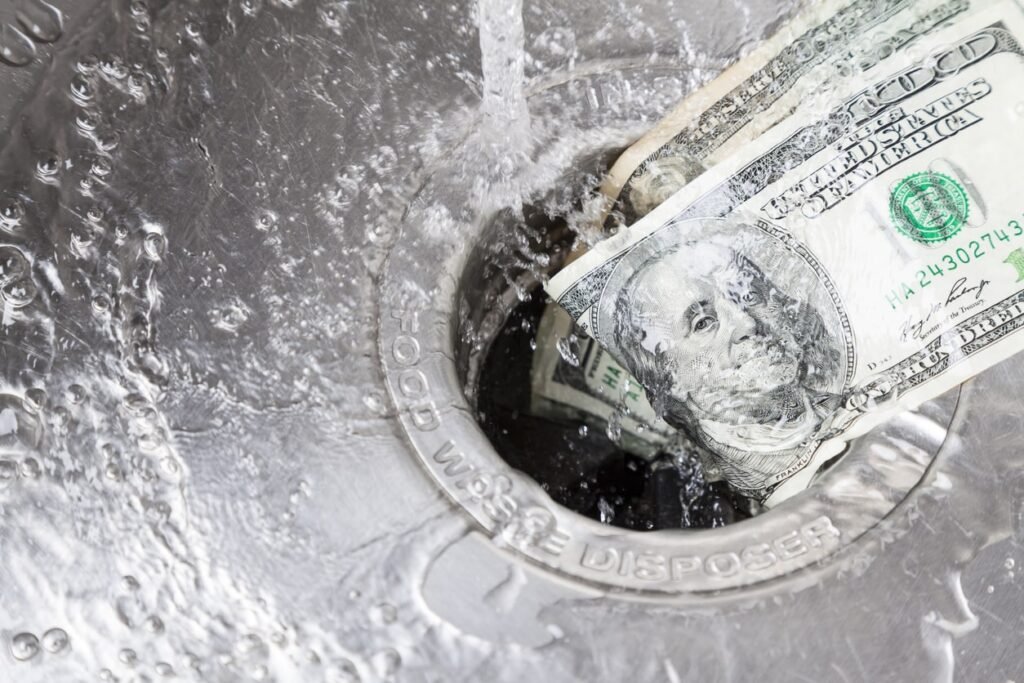
How Professional Plumbing Inspections Can Help You Save Water
Regular plumbing inspections are key to reducing water bills. Professional plumbers can spot inefficiencies and recommend solutions before small problems become costly issues. Here’s how a comprehensive plumbing inspection can help:
1. Check for Hidden Leaks
Leaks in pipes, especially those located underground or behind walls, can go unnoticed for long periods of time. A plumbing inspection can identify leaks that would otherwise cause extensive damage and lead to skyrocketing water bills.
2. Evaluate Fixture Efficiency
Older fixtures tend to use more water than necessary. A plumber can evaluate the water efficiency of your faucets, showerheads, and toilets, and recommend upgrades to reduce water usage.
3. Assess Water Pressure
High water pressure can lead to wasted water and stress on your plumbing system. A plumber can check your home’s water pressure and install a pressure-reducing valve if needed, helping to prevent excessive water flow and wear on your pipes.
4. Monitor Water Usage
Some plumbers offer water monitoring systems that track your home’s water usage in real-time. These systems can detect unusual spikes in water use, which may indicate a leak or inefficient fixture. You’ll get instant notifications about potential issues, enabling you to take action immediately and save on your water bill.
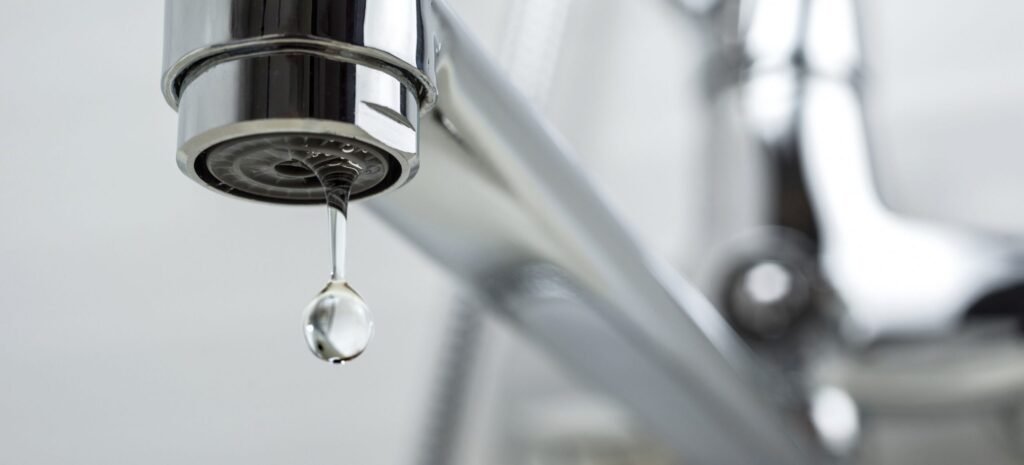
DIY Tips to Reduce Water Bills at Home
While professional plumbing services are essential, there are also simple steps homeowners can take to reduce water bills. Here are a few easy changes that can make a big difference:
1. Fix Dripping Faucets
A dripping faucet may seem minor, but it can waste up to 3,000 gallons of water a year. Fixing leaks in faucets or pipes can reduce water waste and lower your bill.
2. Use a Dishwasher Instead of Hand-Washing
Dishwashers generally use less water than hand-washing dishes, especially if they are energy-efficient models. Avoid pre-rinsing dishes, as most modern dishwashers are designed to handle food residue.
3. Shorten Your Showers
Cutting your shower time by just a few minutes can save a significant amount of water. Consider installing a shower timer to keep track of your water use.
4. Turn Off the Tap When Brushing Teeth or Shaving
This simple habit can save several gallons of water each day. By turning off the tap when not in use, you’ll prevent unnecessary water waste.
5. Run Full Loads of Laundry
Washing full loads of laundry is more water-efficient than running multiple smaller loads. If you need to wash a smaller load, adjust the water level on your machine to avoid wasting excess water.
The Long-Term Benefits of Reducing Water Bills
Taking steps to reduce your water usage and lower your bills isn’t just about short-term savings. There are numerous long-term benefits, including:
- Increased Property Value: Upgrading your home with water-efficient plumbing fixtures can increase your property’s value, as buyers are often looking for homes with eco-friendly features.
- Environmental Impact: Reducing water waste helps conserve a precious resource, especially in regions like San Diego that experience droughts.
- Lower Utility Costs: Making small changes to your water usage can lead to substantial savings over time. These savings add up, especially when combined with energy-efficient solutions like low-flow fixtures and smart irrigation systems.
Conclusion
Reducing your water bills doesn’t have to be complicated. By utilizing expert plumbing services and implementing water-saving tips, you can significantly cut down on water waste and save money in the process.
Whether it’s repairing leaks, upgrading to low-flow fixtures, or improving the efficiency of your water heater, the right plumbing strategies can help you conserve water and lower your monthly utility costs.
For reliable plumbing services that can help you reduce water bills, contact Dr. House Inc. Our team of experts is committed to providing eco-friendly, cost-effective solutions that keep your home’s plumbing system running smoothly.

